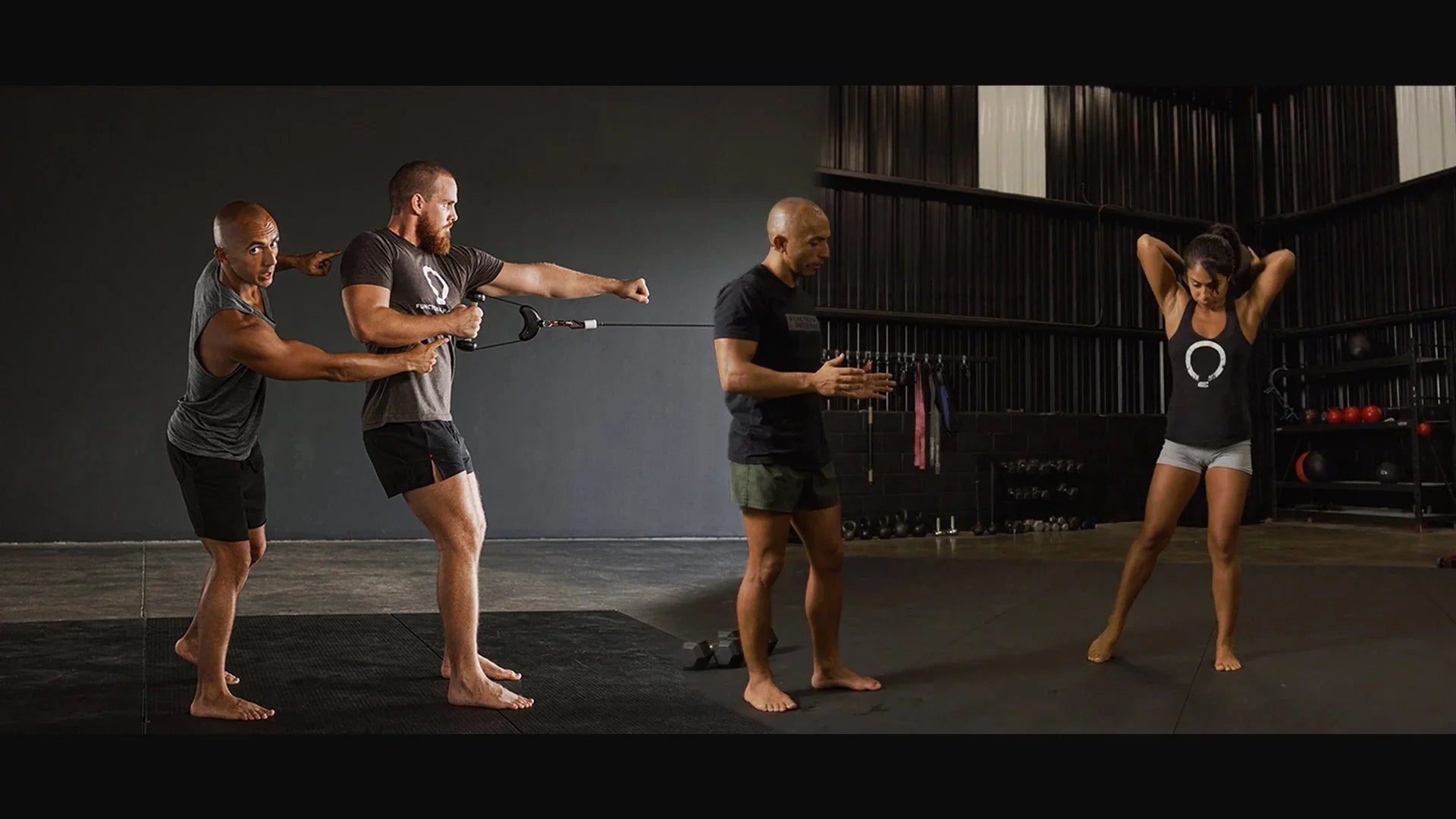Introduction
Parkinson’s disease stages unfold differently for each individual. One common thread is the challenges that accompany deteriorating motor control that can lead to Parkinson’s tremors. In the journey towards Parkinson’s disease self-care, the Functional Patterns (FP) community is showcasing promising results. These inspiring transformations, the importance of movement control for Parkinson's patients, and the fundamental approach FP takes to address it will be explored.
Understanding Parkinson's Disease
Parkinson's disease is a neurodegenerative disorder that primarily affects dopamine-producing neurons in a specific area of the brain. Symptoms develop slowly over the years, and the progression of symptoms is often different from one person to another. While the exact cause of Parkinson's disease is unknown, a mix of genetic and environmental factors appears to be responsible.
As stages of Parkinson’s disease unfold, the brain is progressively affected. This neurodegenerative disorder manifests symptoms such as Parkinson’s tremors, rigidity, and balance issues. Parkinson’s tremors are typically present primarily at rest. These tremors may result in limiting the standing or walking posture in the form of leaning forward or trouble initiating movement.1

Parkinson's Disease and Mainstream Approaches
Mainstream approaches typically revolve around medication, with surgical procedures offered in advanced stages of Parkinson’s disease. These treatments often focus on symptom management. Though important, they may not fully address the holistic needs of an individual navigating Parkinson’s disease stages. Other traditional therapies to help manage Parkinson’s disease self-care include diet, exercise, and physical therapy. This is where the FP approach comes in.
The FP Difference: Training the System, Not Just Symptoms
In contrast to the mainstream, we propose a different route by emphasizing movement training to improve motor control. We assert that true wellness lies in mastering the control of our bodies, regardless of whether one has Parkinson’s. Most people don't realize that they may not have full control over their movements until a condition like Parkinson's highlights it.
The core of our training is optimizing the FP “Big 4” - standing, walking, running, and throwing. By training these fundamental movements, we engage our muscles in ways that promote functional strength and motor control, bridging the gap between everyday movement with subtle and relaxed engagements.
Remarkable results have emerged from the FP community worldwide, demonstrating the potential of this approach for those battling Parkinson's. Shown below is a case study of Carla’s results displaying regression of Parkinson's disease. After suffering for 7 years, Carla was able to begin moving normally again after a few months of FP training with a practitioner.

Results from client Carla by HBS Oscar Favaro
The Role of Motor Control in Mental and Physical Wellness
Motor control and wellness, both mental and physical, are intrinsically linked. Imagine a day in the life of a Parkinson's patient. Just going to the store for groceries or routine tasks may turn challenging, leading to a sense of helplessness and frustration. Improved motor control can turn these challenges around, fostering self-confidence. The ability to participate in daily activities without assistance can be incredibly empowering, leading to an improved quality of life and mental wellbeing.
Lee’s case study shown below demonstrates relieving symptoms of Parkinson’s disease with improved posture and mechanics. After being diagnosed for 20 years and trying many other types of training, quality of life was significantly improved after 2 years of FP training with a practitioner.

Results from client Lee by HBS and HF Instructor Danny Hung at Functional Patterns Taiwan
Embracing the FP Lifestyle for Parkinson’s Disease Self-care
One common question individuals with Parkinson's often grapple with is how to improve their mobility and walking. Our approach at FP revolves around primarily training how humans have evolved to move. By strengthening the core to improve standing and walking, FP training can lead to a more stable, confident stride and improved mobility.
In the various stages of Parkinson's disease, maintaining physical activity is a crucial part of Parkinson’s disease self-care. By practicing the “Big 4” movements, we offer a path for individuals to actively manage their condition, improving their quality of life. This isn't just about tackling Parkinson’s tremors or other symptoms but about promoting overall wellness and self-efficacy.
Shown below is a relaxed posture result from Lance after being diagnosed with Parkinson’s for about 8 years. About a year and a half of training with a FP practitioner has led to not only weight loss but structural changes to a more upright posture.

Results from client Lance by HBS Bobby Filer
Conclusion
Navigating through Parkinson’s disease stages can be an intensely personal journey, but it doesn’t need to be a solitary one. Functional Patterns has a system-oriented approach that can help individuals regain control over their movements and manage Parkinson's tremors, enhancing self-reliance and life quality.
As we continue to explore the connections between motor control and wellness, the FP approach stands as a testament to the power of holistic, functional movement for Parkinson’s disease self-care. It is an invitation for all of us, Parkinson’s or not, to reclaim control over our movements and, by extension, our lives.
If you're interested in Functional Patterns, we recommend you to find a FP Practitioner near you.
Learn more about Functional Patterns and Parkinson’s disease in the following resources:
- Carla Parkinson's Result
- Carla: STAGE 5 PARKINSON’S
- Lee: Reversing Degeneration From Parkinson's After 4 Months
- Lee: PARKINSON’S DISEASE IMPROVEMENTS
- Lee: Parkinson’s disease client with stand, walk, throw comprehensive improvement
- Lance: ****Before and After**** Battling with Parkinson's.
References
- "Parkinson’s Disease: Causes, Symptoms, and Treatments." NIH, National Institute on Aging (NIA), April 14, 2022, https://www.nia.nih.gov/health/parkinsons-disease#:~:text=Parkinson's%20disease%20is%20a%20brain,have%20difficulty%20walking%20and%20talking.







